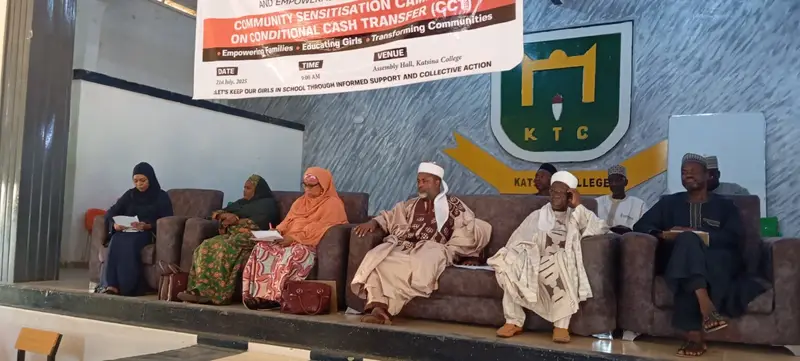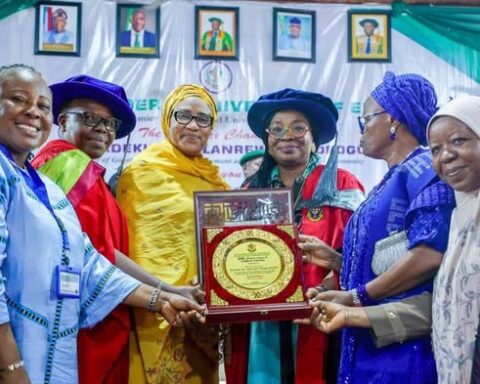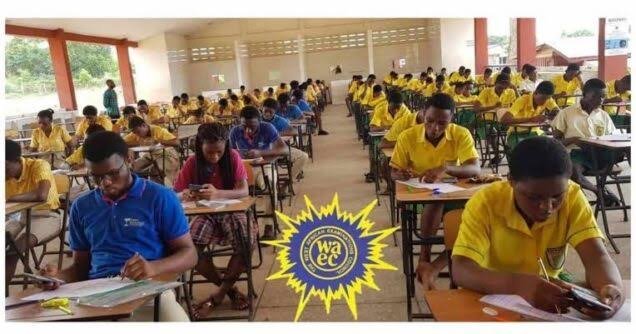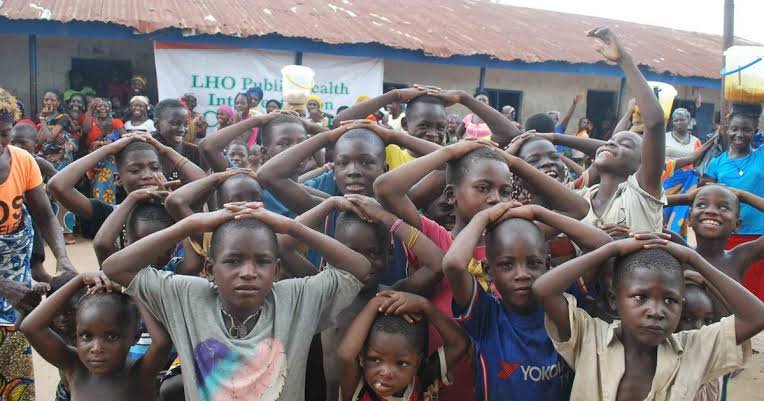By Abbas Bamalli
No fewer than 42, 781 girls have been returned to school by the Katsina State Government, through the Adolescent Girls Initiative for Learning and Empowerment (AGILE).
Dr Mustapha Shehu, the AGILE Coordinator in the state, disclosed this at a one-day community sensitisation campaign in Katsina on Tuesday.
The campaign has as theme “Strengthening Community Support for Girls’ Education through Conditional Cash Transfers (CCT)”.
Shehun noted that the success was recorded in about five years, since the commencement of the project in the state.
He added that within the period, through the first, second and third cohorts, the project had improved the economic status of about 115,568 households.
He revealed that disbursement of support to no fewer than 48, 000 parents and 43, 000 girls through scholarship had commenced in cohort four of the project.
According to the coordinator, the aim of the meeting is to sensitise the public to know more about the CCT component of the project, its condition and challenges.
“The meeting aimed to discuss, exchange ideas and advice through which the programme can be improved. Already we have complaint centres across the state.”
He added that presently, there were more than 2,900 ATM cards registered for the CCT support, revealing that people failed to collect them because they were not the real beneficiaries.
“When we were registering the primary six pupils, hoping they would move to junior secondary, one of the benefiting schools decided to enroll primary five children.
“At the end of the term, we visited the secondary school where the children were expected to transit, we couldn’t find them, but when we returned to the primary school, we saw them in primary six,” he revealed.
Shehu explained that AGILE was introduced in Katsina following a survey conducted in 2019, and 2020, which revealed that 53 per cent of primary school pupils don’t transition to junior secondary school.
He added that the survey showed that 43 per cent do not transit from junior to senior secondary school, and the majority of them were girls.
“The survey also revealed that lack of adequate schools was one of the contributing factors, because in some areas, children walk up to 10 kilometers to go to school.
“The Nigerian constitution says primary school pupils should not walk five kilometers to go to school, while secondary school children should not walk for seven kilometers.
“The report has also indicated that most of the existing schools are dilapidated, and also poverty has contributed to the lack of transition,” he said.
The CCT Coordinator of the project, Dr Kubrah Muhammad, said that the World Bank-assisted project focused on improving secondary education opportunities for adolescent girls in target states.
According to her, the project aims to increase girls’ enrollment, retention, and completion of secondary education, while also empowering them with life skills.
She added that the key aspects of the project were, improving school infrastructure, renovating classrooms and providing safe learning spaces.
Muhammad also said that the project provides financial support, offering scholarships and CCTs to eligible girls and their families.
Follow us on all social media platforms @dailyquery for news and analyses around the globe.


























